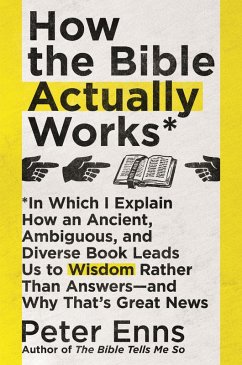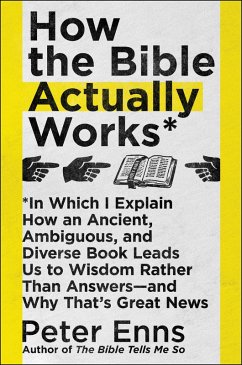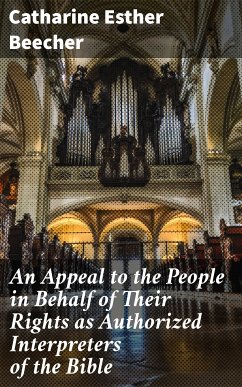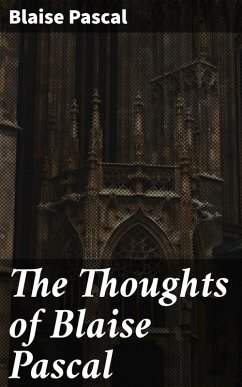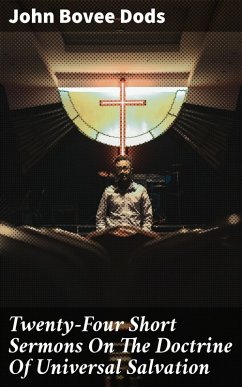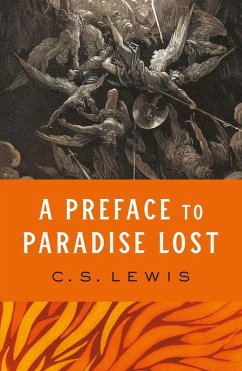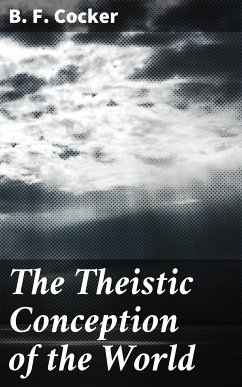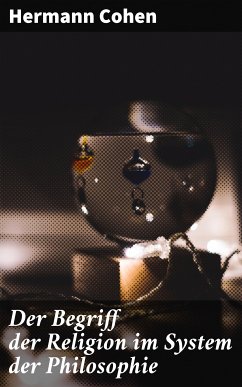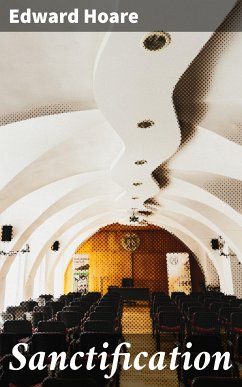
An Essay in Aid of a Grammar of Assent (eBook, ePUB)
Enriched edition. Exploring the Dynamics of Faith and Reason
Kommentar: Holland, Garrett / Redaktion: Good Press
Versandkostenfrei!
Sofort per Download lieferbar
1,99 €
inkl. MwSt.
Weitere Ausgaben:

PAYBACK Punkte
0 °P sammeln!
In "An Essay in Aid of a Grammar of Assent," John Henry Newman pioneers a profound exploration of the nature of belief, drawing a distinct line between intellectual assent and the deeper, often inexplicable intuitions that govern our faith. The book is structured methodically, blending philosophical inquiry with theological exposition, and showcases Newman's masterful command of language, providing a compelling narrative that resonates within the context of 19th-century religious thought. His interplay between rationality and sentiment elucidates the oft-contested relationship between faith an...
In "An Essay in Aid of a Grammar of Assent," John Henry Newman pioneers a profound exploration of the nature of belief, drawing a distinct line between intellectual assent and the deeper, often inexplicable intuitions that govern our faith. The book is structured methodically, blending philosophical inquiry with theological exposition, and showcases Newman's masterful command of language, providing a compelling narrative that resonates within the context of 19th-century religious thought. His interplay between rationality and sentiment elucidates the oft-contested relationship between faith and reason, making the work a cornerstone in the philosophy of religion. John Henry Newman was a seminal figure in the development of modern Catholic thought and a cardinal in the Catholic Church. His experiences as an Anglican and later as a Catholic, coupled with his profound reflections on education and religious experience, deeply informed his writing. Newman's background in the Oxford Movement and his commitment to the search for truth created a fertile ground for the contemplations found in this essay, reminding readers of the complexity involved in matters of faith. This book is highly recommended for those interested in philosophy, theology, and the intricacies of religious belief. Newman's insights encourage readers to reflect on their own convictions, offering a rich blend of intellect and spirituality. It stands as a critical resource for anyone seeking to understand the dynamics of faith beyond mere intellectual acceptance. In this enriched edition, we have carefully created added value for your reading experience: - A succinct Introduction situates the work's timeless appeal and themes. - The Synopsis outlines the central plot, highlighting key developments without spoiling critical twists. - A detailed Historical Context immerses you in the era's events and influences that shaped the writing. - An Author Biography reveals milestones in the author's life, illuminating the personal insights behind the text. - A thorough Analysis dissects symbols, motifs, and character arcs to unearth underlying meanings. - Reflection questions prompt you to engage personally with the work's messages, connecting them to modern life. - Hand-picked Memorable Quotes shine a spotlight on moments of literary brilliance. - Interactive footnotes clarify unusual references, historical allusions, and archaic phrases for an effortless, more informed read.
Dieser Download kann aus rechtlichen Gründen nur mit Rechnungsadresse in A, B, BG, CY, CZ, D, DK, EW, E, FIN, F, GR, H, IRL, I, LT, L, LR, M, NL, PL, P, R, S, SLO, SK ausgeliefert werden.





